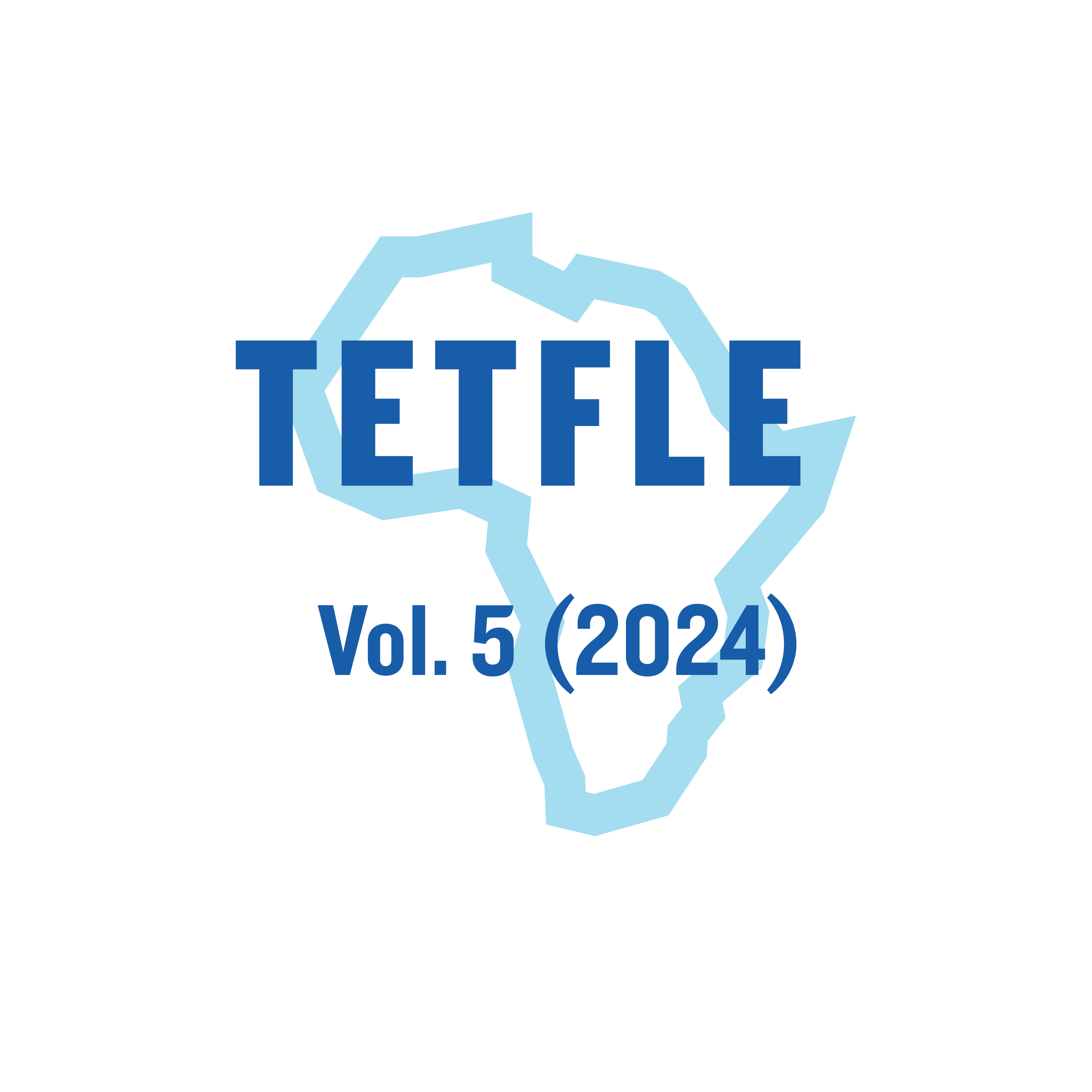Student Teachers’ Views on Developing Practical Online Art Skills During Teaching Practice
DOI:
https://doi.org/10.35293/tetfle.v5i1.4582Keywords:
Art education, practical skills, online teaching practice, creativity, problem-solving, natural resourcesAbstract
Addressing the learning needs of grades 10-12 art students, specifically those students who are vulnerable to exclusion and marginalisation, requires inclusive and innovative approaches when teaching practical art skills online and face-to-face. The aim of the study was to establish student teachers’ challenges when teaching practical art online during COVID-19 and to find innovative ideas for addressing such challenges. Qualitative data was collected from art student teachers (n=147) who reflected on their teaching practice experiences and responded to two online open-ended questions. Challenges that student teachers mostly experienced included a lack of in-person teaching, internet connection and data, student-teacher support from mentors and lecturers, not enough practical teaching experience hours, stress, and anxiety. If not addressed, these challenges could have an impact on not only the practical application of art skills but also the development of scarce skills such as creativity and problem-solving skills that are necessary for all citizens to make informed decisions. In addressing these challenges, various innovative online and offline activities were suggested, such as demonstrations posted on WhatsApp groups, peer tutoring, extension of submission dates for practical art activities, creating offline videos for learners to view and work on activities at their own pace, repeat lessons, keeping activities simple, virtual museums, and using natural resources from learners’ surroundings to develop practical art skills.
Downloads
Published
Issue
Section
License
Copyright (c) 2024 Thelma de Jager

This work is licensed under a Creative Commons Attribution-NonCommercial-ShareAlike 4.0 International License.

Authors who publish with this journal agree to the following terms:
Authors retain full copyright and grant the journal right of first publication with the work simultaneously licensed under the Creative Commons Attribution Share-alike 4.0 International License This license lets others remix, adapt, and build upon authors' work non-commercially, as long as they credit the author and license their new creations under the identical terms that allows others to share the work with an acknowledgement of the work's authorship and initial publication in this journal.


